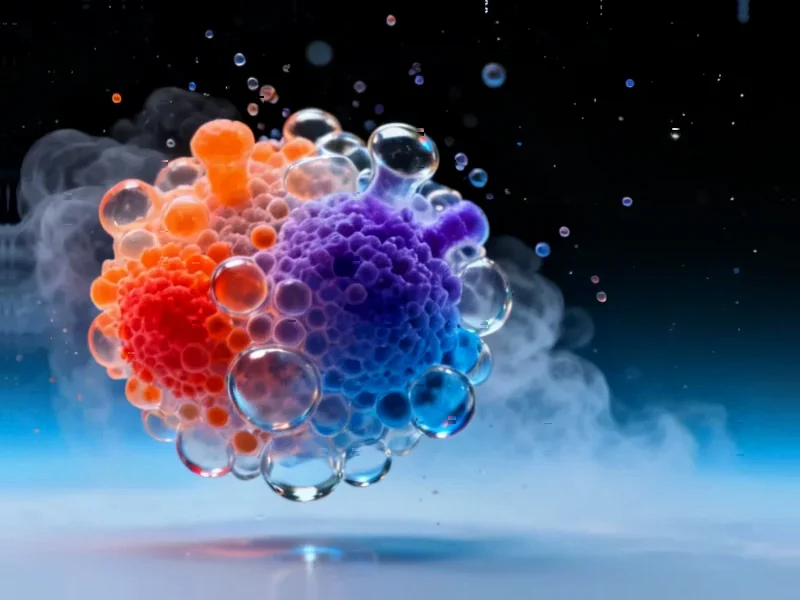Scientists Revive 40,000-Year-Old Microbes From Alaskan Permafrost
In a groundbreaking study, scientists have brought ancient microbes back to life after tens of thousands of years frozen in Alaskan permafrost. The research reveals how these organisms begin functioning as temperatures rise, with significant implications for Arctic ecosystems and global climate patterns. The findings highlight concerns about potential pathogen releases as permafrost continues to thaw worldwide.
Ancient Life Awakens
Scientists have reportedly achieved what sounds like science fiction: reviving microorganisms that have been frozen in Alaskan permafrost for up to 40,000 years. According to research led by the University of Colorado at Boulder, these ancient microbes began growing and forming colonies after being carefully thawed and incubated in laboratory conditions. The findings, published in the Journal of Geophysical Research: Geosciences, provide crucial insights into how life persists in extreme environments—and what happens when those environments begin to change.
